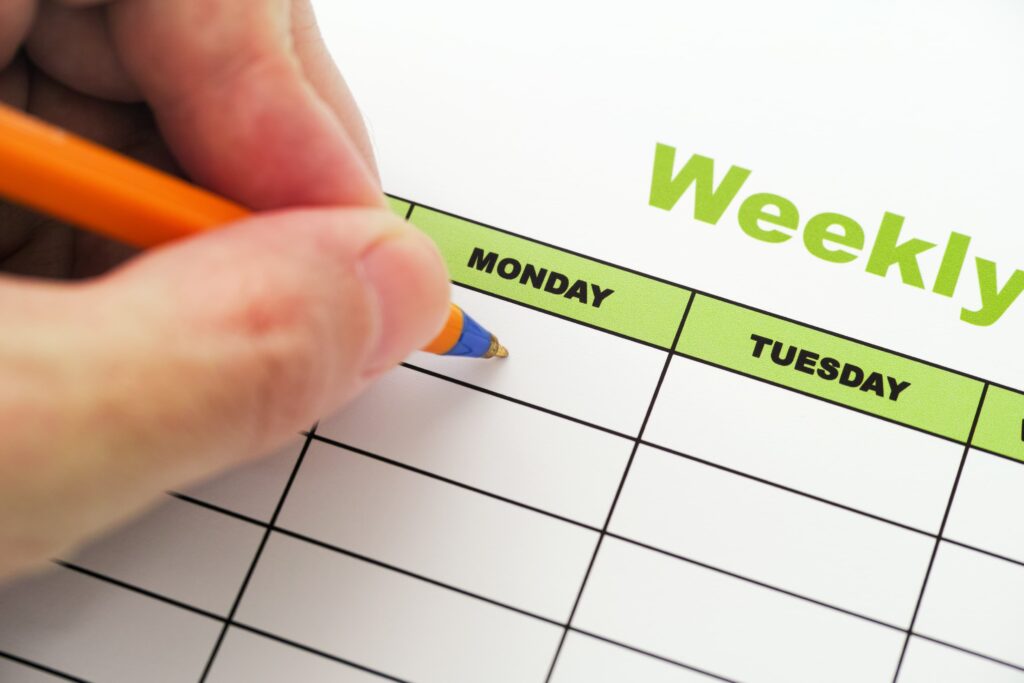Listen to:
Balancing a New Career with Self-Care in Recovery
Summary: Landing a new job is a huge milestone in recovery, but it brings specific risks like burnout and shifting priorities. To succeed, you must treat your recovery as your primary job. This requires setting a "hard stop" on work hours, scheduling non-negotiable recovery activities (like meetings) before work tasks, and using micro-breaks to manage stress levels throughout the day.
Getting a new job is one of the best feelings in early recovery. It validates your hard work and gives you a sense of purpose (and a paycheck). But there is a hidden danger in that excitement. The stress of proving yourself, combined with a busy schedule, can slowly push your self-care to the bottom of the list. Before you know it, you are skipping meetings to finish a project, and that is a dangerous place to be.
Balancing a career with recovery isn’t just about time management; it’s about energy management. You have to perform at work without spending the emotional capital you need to stay sober.
The “Overcompensation” Trap
When we get back to work, many of us feel like we have to make up for lost time. We want to be the first one in and the last one out. We say “yes” to everything to prove we are reliable. This is called overcompensation.
While the intention is good, the result is burnout. When you are exhausted, your defenses against triggers go down. You need to remember that your employer hired you for your skills, not for your ability to burn yourself out in month one. Pacing yourself is actually more professional than crashing.
Rule #1: The Hard Stop
Recovery requires routine, and a new job loves to disrupt routine. You need to establish a “Hard Stop” time.
This means if your shift ends at 5:00 PM, you are packing up at 5:00 PM. Unless there is a literal emergency, work stays at work. This boundary protects your evening routine—whether that’s a 12-step meeting, the gym, or time with family. If you blur the lines early on, your employer will expect that availability forever. Set the precedent now that your off-hours are sacred.

Rule #2: Schedule the Non-Negotiables First
Most people put their work meetings in their calendar first, and then try to fit their life into the empty spaces. In recovery, you have to flip that.
Put your recovery activities in the calendar before you accept work commitments. If you see your therapist on Tuesdays at 6:00 PM, that time is blocked out as “Unavailable.” If you go to a meeting Saturday morning, that is a recurring appointment. Treat these appointments with the same respect you would give a meeting with your CEO. If you don’t respect your recovery time, nobody else will.
Rule #3: The Micro-Check-In
Work stress builds up silently. You might feel fine at 9:00 AM, but by 2:00 PM, you are overwhelmed and irritable. You cannot wait until you get home to deal with that stress.
Practice micro-check-ins. Three times a day, step away from your desk for two minutes. Go to the breakroom or take a walk outside. Ask yourself: Am I Hungry, Angry, Lonely, or Tired (H.A.L.T.)? If the answer is yes, fix it immediately—eat a snack, take a breath, or call a support person. These tiny breaks prevent the pressure from building up to a breaking point.
Your career is a vital part of your new life, but it is not your whole life. At Vanity Wellness Center, we believe that true success is sustainable success. By protecting your peace, you ensure you can keep showing up for that job for years to come.


